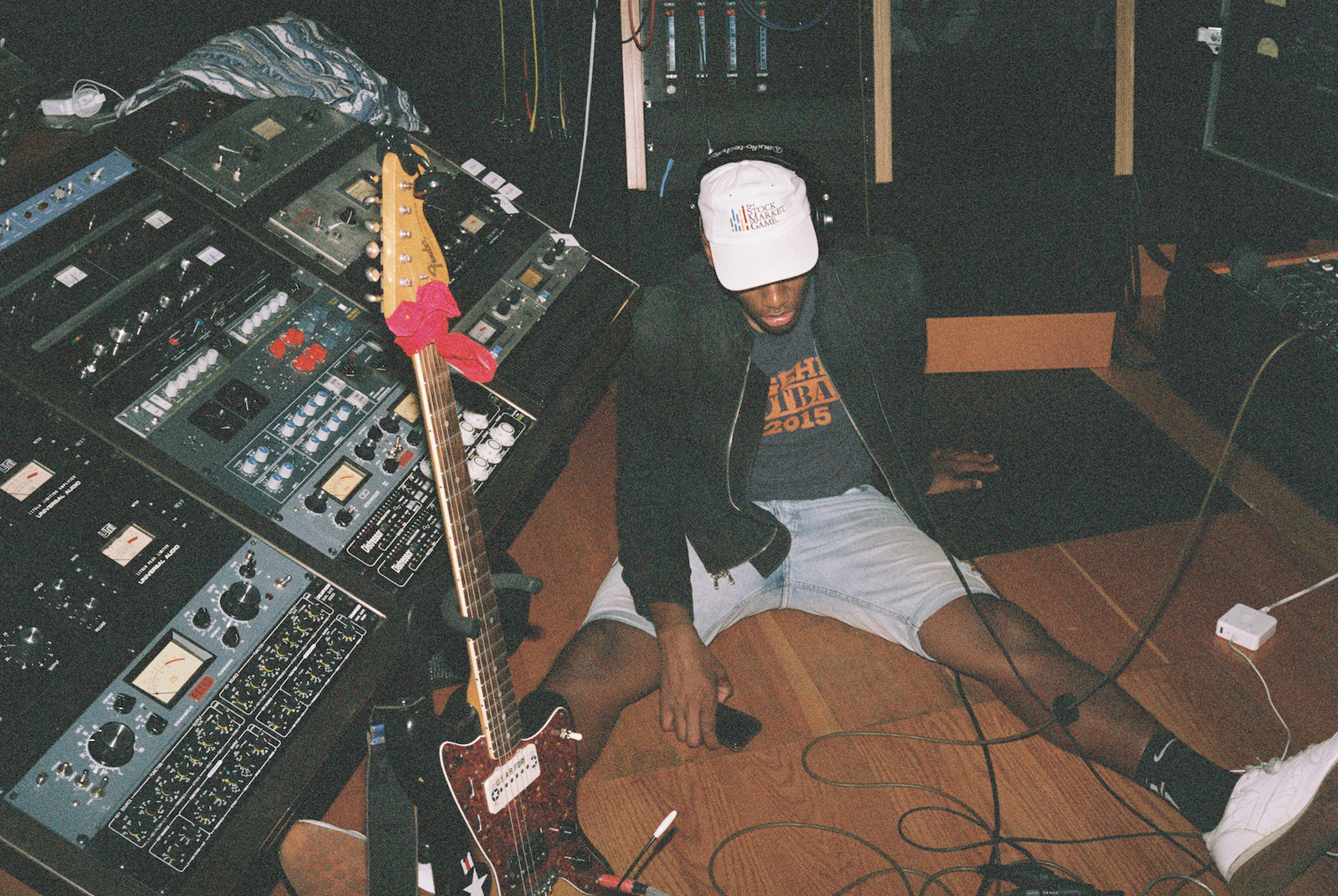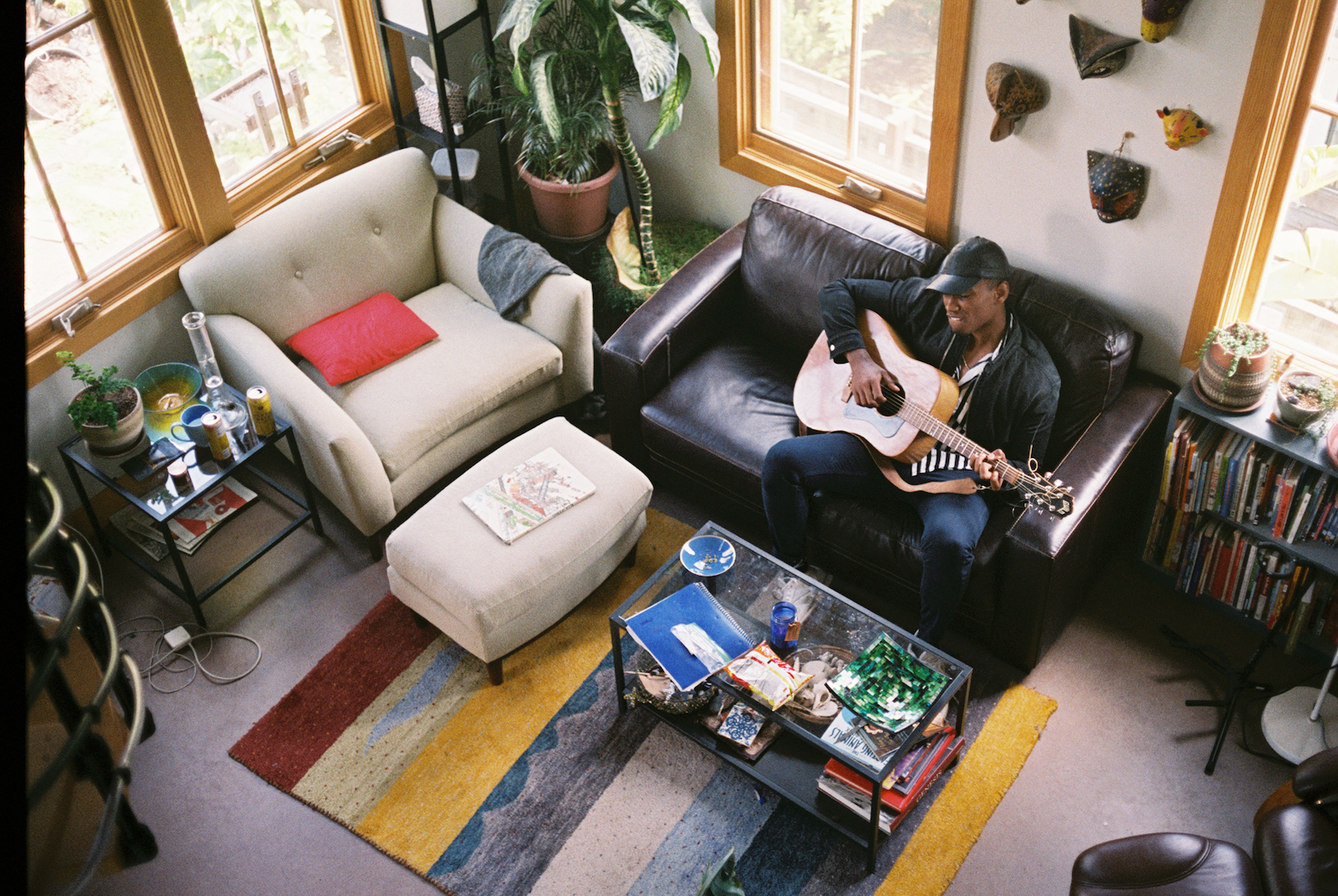 It is no secret that the history of America is a white washed one. Until recently most school curriculums taught a narrative that was unique to only one group of people, often sugarcoating prejudiced monstrosities of our past. Through this series of misinformation, we often forget the greatest casualties of miseducation, the youth. Those children of underrepresented minorities, who seek mentors and role models past and present, but have been shortchanged by mainstream society. Part of the importance of Black History Month lies in this very necessity, specifically recognizing monumental, trailblazing members of the black community. In music, this list is ongoing and abundant, as isn’t it always those oppressed groups of people who continuously change the course of the creative future?
It is no secret that the history of America is a white washed one. Until recently most school curriculums taught a narrative that was unique to only one group of people, often sugarcoating prejudiced monstrosities of our past. Through this series of misinformation, we often forget the greatest casualties of miseducation, the youth. Those children of underrepresented minorities, who seek mentors and role models past and present, but have been shortchanged by mainstream society. Part of the importance of Black History Month lies in this very necessity, specifically recognizing monumental, trailblazing members of the black community. In music, this list is ongoing and abundant, as isn’t it always those oppressed groups of people who continuously change the course of the creative future?
For Neo-soul, R&B artist Jordan Hawkins, these musical role models helped shape the North Carolina native’s path. In his own words, “Black History month is especially significant to me as it highlights and showcases black success from all industries and professions. As a people, I think it’s important for us to know these folks stories to serve as proof that we have the ability to overcome additional adversity and achieve the pinnacle of success in whatever we have an interest in or passion for.”
Growing up in the South with his grandparents, as a child you could often find Jordan in church, singing in the gospel choir. It was there that Jordan received his first solo at 12 years old, quickly realizing the connective power of music and his personal gift for song. Next came an electric guitar gifted by his grandfather and hours spent obsessing over the instrument. From instruction in classical guitar to self-taught lessons in rock-and-roll, by age 15 he was ready to pen original material, quickly filling up notebook upon notebook with his musings.
Next came the move to Los Angeles, followed by his formal education in Economics at Pomona College and a stint at the Royal Danish Academy of Music in Copenhagen, where he studied at the school’s prestigious Sound Engineering and Production school. Upon returning to Los Angeles to complete his undergraduate degree, he began heavy collaboration with fellow classmates Ari Carpenter and Jackson Kinder, it was during this time that Jordan’s distinct voice emerged and his artistic vision, realized.
Post graduation came the grind. Performance after performance, session after session, meeting after meeting, Jordan hustled, honing in his abilities to a personal unprecedented level of mastery. I don’t mean that to be an understatement, as a genuine fan and frequent audience member at his live performances, I can say with unwavering confidence that Jordan Hawkins is a spectacle, a true virtuoso. His expertise has not gone unnoticed professionally, recently being taken on as a management client by Since the 80s, who are behind niche, cutting edge talent such as Earthgang and frequent Ariana Grande collaborator and solo artist, Njomza. His most recent single releases, “Thankful” and “We Have,” exemplify Jordan’s dedication to his craft as he wows listeners with his spectacular musicianship and lusciously emotive vocals. Presently Jordan frequents the studio cave, busy prepping his debut EP due later this year.
In celebration of Black History Month, we had the chance to catch up with Jordan on five of the black artists that mostly profoundly influenced him. Read on below…

Jimi Hendrix
“Jimi Hendrix is my favorite guitar player and has heavily influenced the way that I play guitar. I remember learning guitar strictly from a book with transcriptions of some of Jimi’s greatest hits for at least a year. While I feel like Jimi serves as a huge inspiration to all guitarist, he holds a special place in my heart as a black guitarist because he served as an example that I can pursue any genre and be as weird and creative as I want with the guitar.”
Prince
“Prince is especially influential to me due to his amazing work ethic, commitment to greatness, and limitless creativity. The way he dealt with adversity throughout his career as a black artist is also an inspiration. From being booed off stage and harrassed, while opening for the Rolling Stones, to successfully crossing over multiple genres as an artist, Prince is a legend.”
Beyonce
“Beyonce is extremely influential to me due to her tremendous talent and great business sense. While Beyonce is obviously one of the most talented and loved artists of our generation, she is also extremely smart from a business perspective, which has resulted in a massive brand and cult following. Thinking about Beyonce’s journey reminds me everyday that hard work and consistency is the ultimate driver of success.”
Lauryn Hill
“I don’t know if there is an album that touches me more than “The Miseductation of Lauryn Hill”. I feel like Lauryn Hill is extremely influential as an artist who is not only an amazing MC, vocalist and musician, but also as a black woman that takes command of her creative vision and sees it through in a male dominated industry. I especially appreciate her authenticity, sincerity and fearlessness to address issues within our community, the music industry, and greater society.”
D’Angelo
“D’Angelo is extremely influential to me do to the patience he has during his creative process. It took him 14 years to complete “Black Messiah” and it’s a masterpiece in my personal opinion. Trying to understand what his journey looked liked during that process has made me extremely more patient in my creative process.”

CONNECT WITH JORDAN HAWKINS
INSTAGRAM // WEBSITE // SPOTIFY
photos / Graham Smith
story / Jessica Thomas
